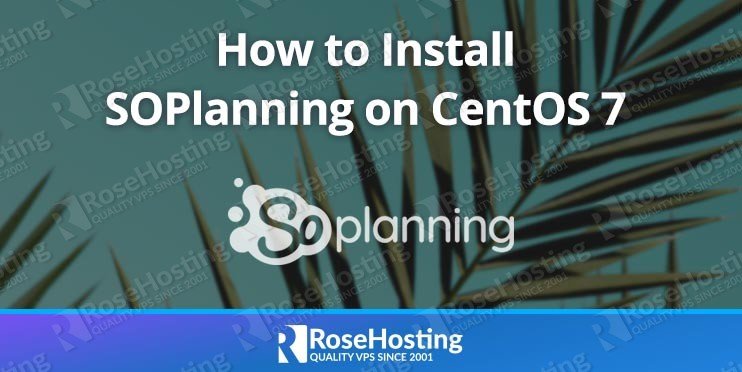In this tutorial, we will show you how to install Anaconda Python on Ubuntu 18.04, as well as some short tutorials on how to set up Anaconda environments.
Anaconda is a large and powerful platform of the Python and R programming languages. It provides a lot of tools that can be used in areas such as Jupiter Notebook, Pandas, and so on. Additionally, it is used for data processing, machine learning, and predictive analytics.
Anaconda provides a lot of popular python packages and package manager called ‘conda‘. Some of the popular anaconda packages are numpy, scipy, jypiter, nltk, etc… You will get all of these packages with anaconda instead of installing a plain version of python and using pip for managing and installing these packages.
Let’s get started with the installation.


 If you are using Ubuntu 18.04 and want to secure your network without having to deal with learning how to use iptables, then UFW may be the appropriate solution you are looking for.
If you are using Ubuntu 18.04 and want to secure your network without having to deal with learning how to use iptables, then UFW may be the appropriate solution you are looking for.
 Cockpit is a free and open-source lightweight and powerful remote manager for GNU/Linux servers. Cockpit allows you to easily and quickly manage and administer your Linux servers through an intuitive web interface – it even allows you to use the server’s command line inside of the browser itself! Let’s begin with the installation.
Cockpit is a free and open-source lightweight and powerful remote manager for GNU/Linux servers. Cockpit allows you to easily and quickly manage and administer your Linux servers through an intuitive web interface – it even allows you to use the server’s command line inside of the browser itself! Let’s begin with the installation.
 Lighttpd is a secure, open-source, fast, flexible and more optimized web server. Lighttpd has a high-speed infrastructure that allows for better performance with the same hardware when compared to other alternative web-servers. Lighttpd supports the FastCGI, SCGI and CGI interfaces and allows web applications that are written in any programming language to be used with the server.
Lighttpd is a secure, open-source, fast, flexible and more optimized web server. Lighttpd has a high-speed infrastructure that allows for better performance with the same hardware when compared to other alternative web-servers. Lighttpd supports the FastCGI, SCGI and CGI interfaces and allows web applications that are written in any programming language to be used with the server.
 Vanilla Forums is an open-source multi-lingual forum software written in PHP. It provides all of the features you need to run a successful forum. It’s easy to install and use, and it comes with lots of add-ons and themes to choose from. Let’s begin with the installation.
Vanilla Forums is an open-source multi-lingual forum software written in PHP. It provides all of the features you need to run a successful forum. It’s easy to install and use, and it comes with lots of add-ons and themes to choose from. Let’s begin with the installation.
 SOPlanning is a simple open-source online planning tool designed to improve the visibility of as well as easily plan projects and tasks. This tool is very useful for any projects, small businesses, production plants, booking systems, vacation management, and much more. We can plan tasks by associating a person with a project. Let’s begin with the installation.
SOPlanning is a simple open-source online planning tool designed to improve the visibility of as well as easily plan projects and tasks. This tool is very useful for any projects, small businesses, production plants, booking systems, vacation management, and much more. We can plan tasks by associating a person with a project. Let’s begin with the installation.

 Etherpad is an open-source web based application that allows real-time collaborative editing of a document through a web browser. This allows users to simultaneously type out, edit, and review documents – even chat functionality is available, which further helps users collaborate on documents. Let’s begin with the installation.
Etherpad is an open-source web based application that allows real-time collaborative editing of a document through a web browser. This allows users to simultaneously type out, edit, and review documents – even chat functionality is available, which further helps users collaborate on documents. Let’s begin with the installation.